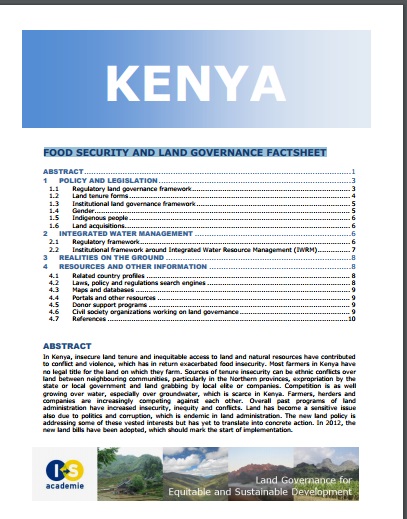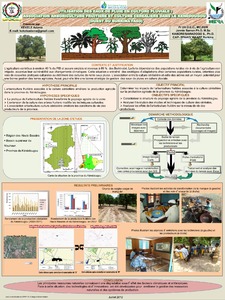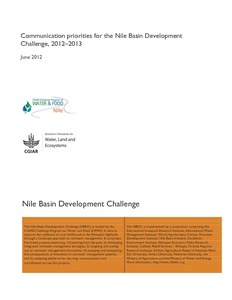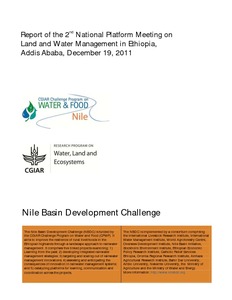Grow in Concert with Nature : Sustaining East Asia's Water Resources through Green Water Defense
As countries develop, the demand for
water increases while water supply becomes less certain and
is often not enough to meet demand. In general, pressures
from both environment and human activities can increase the
likelihood of water scarcity. Such pressures include
increased socio-economic development and population growth,
change in people's diets, competition for available
water among different user sectors and growing climate





